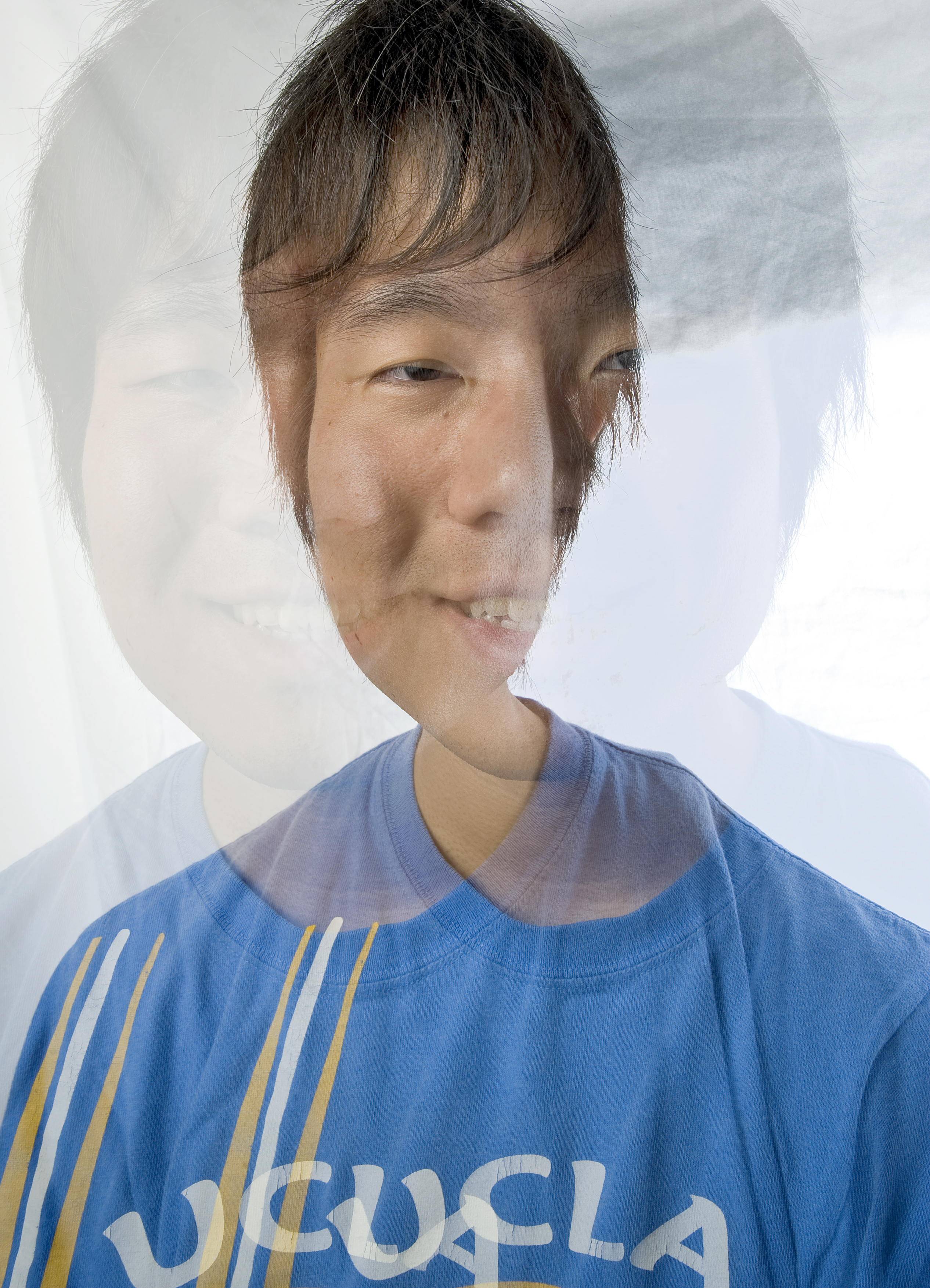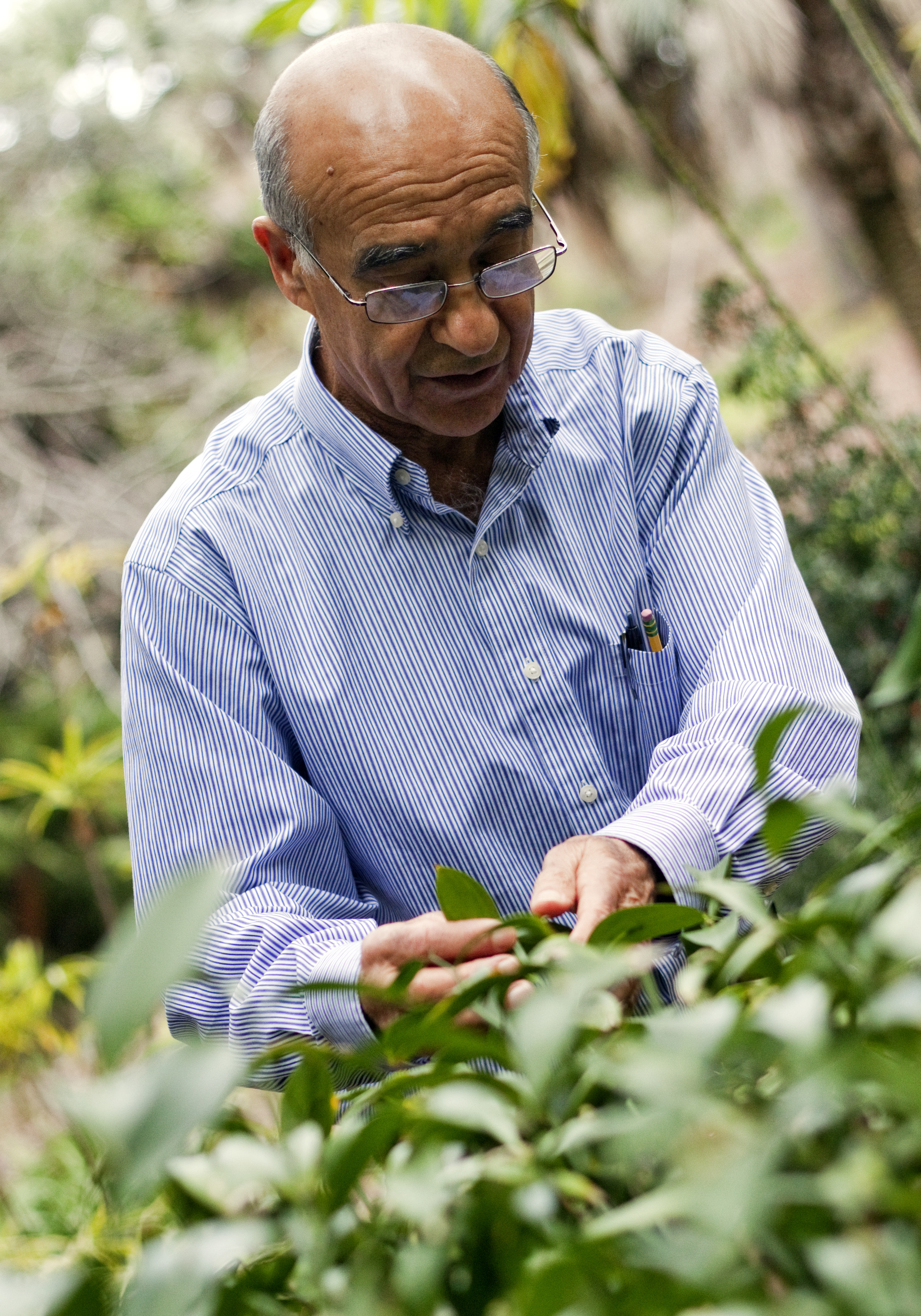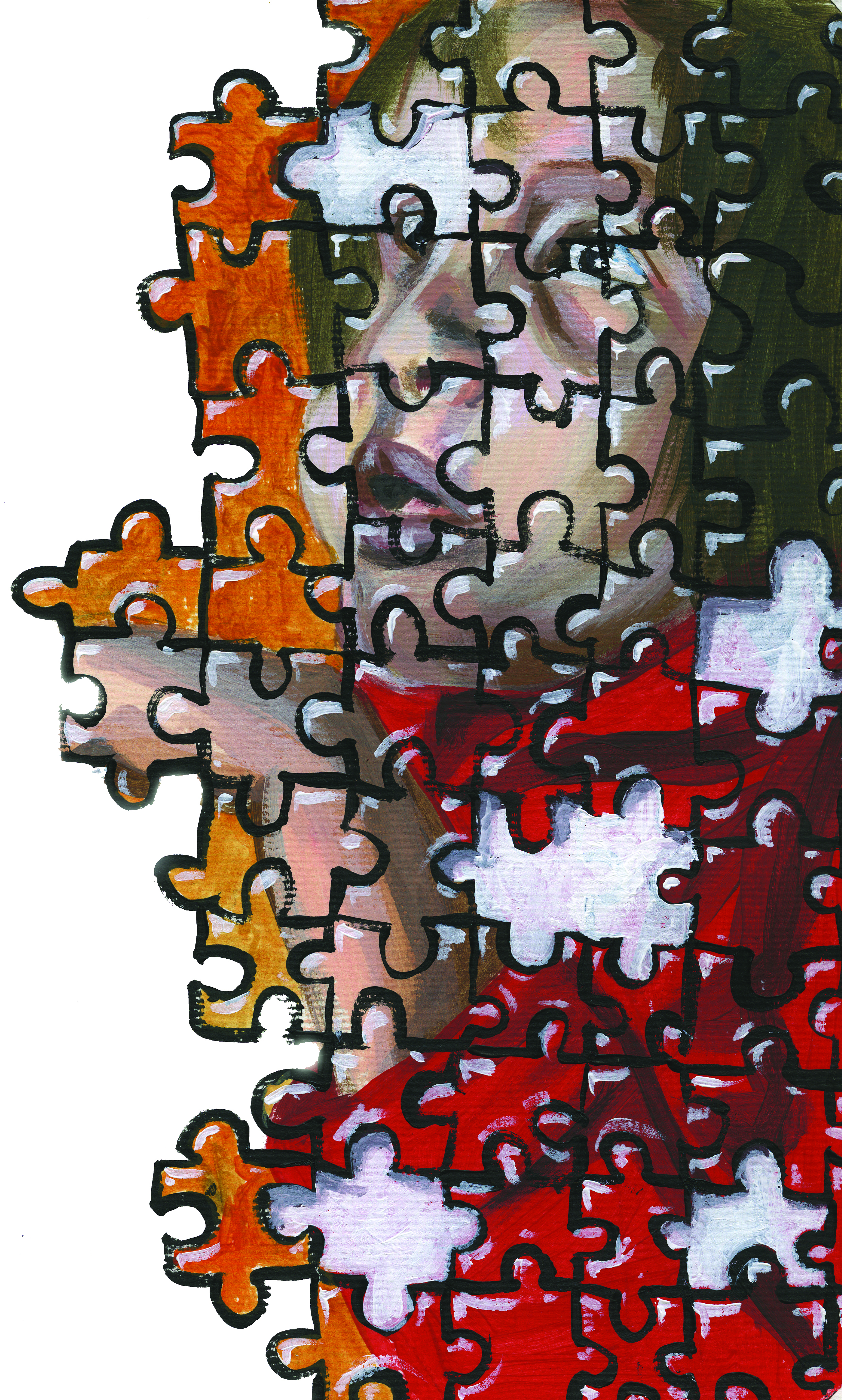More than a quarter of a century ago, in the northwest corner of Boelter Hall, there was a powerful device guarded by large concrete walls that were off-limits to most students and faculty.
From 1959 until 1984, UCLA had its very own nuclear reactor, which was housed in the engineering building and utilized by various South Campus departments for research and business.
Category Archives: Science & Health
Effects of Chernobyl nuclear plant explosion may not repeat itself in Japan
On the evening of April 25, 1986, crews prepared for a routine shutdown of a Ukrainian nuclear reactor.
Binge as well as social drinking can lead to blackouts
A UCLA student woke up at 6 a.m. after a long night of drinking to discover drawings all over his body. Puzzled, he made it to his 9 a.m. class with artwork still on him and no recollection of how it had gotten there.
“I was at a party, and everyone was drinking. It was like a competition,” said the student, who wishes to remain anonymous.
“The last thing I remember is dancing on top of a table.”
Bilingualism broadens brainpower
Neurobiologists from across the country have discovered that students who are fluent in at least two languages are better at multitasking and less likely to face an early onset of Alzheimer’s disease.
The findings were presented at a conference in Washington, D.C., last month.
“A lot of brain imaging scans have shown that being bilingual has changed the structure of the brain,” said Lauren Mason Carris, a doctoral candidate in applied linguistics at UCLA.
UCLA researchers send an experiment into orbit onboard Space Shuttle Discovery to investigate possible engine-cooling technology
On its last mission on Thursday, Space Shuttle Discovery flew the first UCLA-led research project into space.
Botanical garden brings chance to learn about plants in their environment
Before freeways and houses defined what is now urban Los Angeles, the area was an ecosystem of diverse plants and animals that adapted over hundreds of thousands of years to live in the hot, dry climate.
Missing pieces
But the increase could have been caused in part by changes in diagnostic methods, sources said.
In 1994, the criteria for diagnosing autism was broadened to include milder cases of autism.




